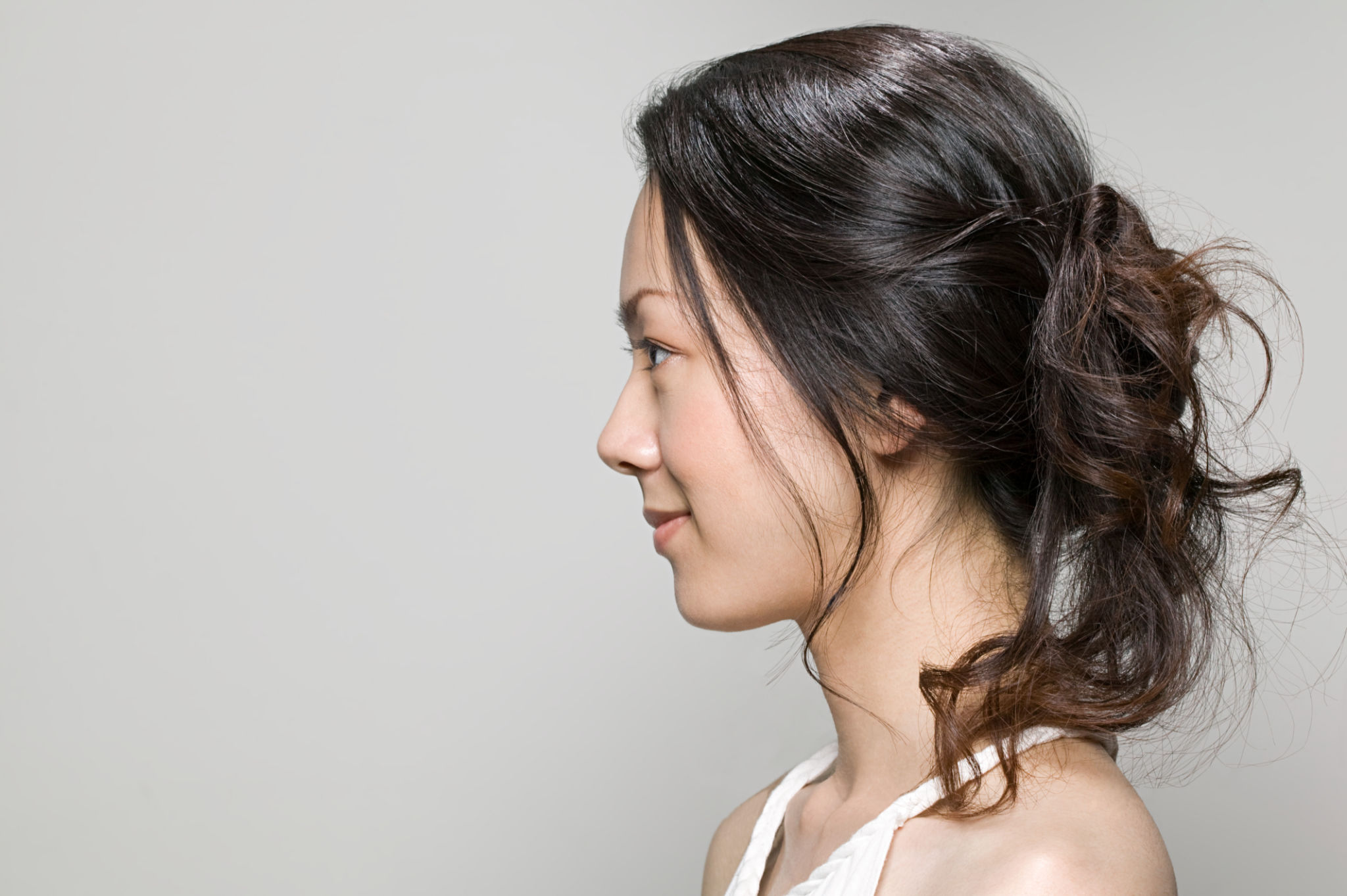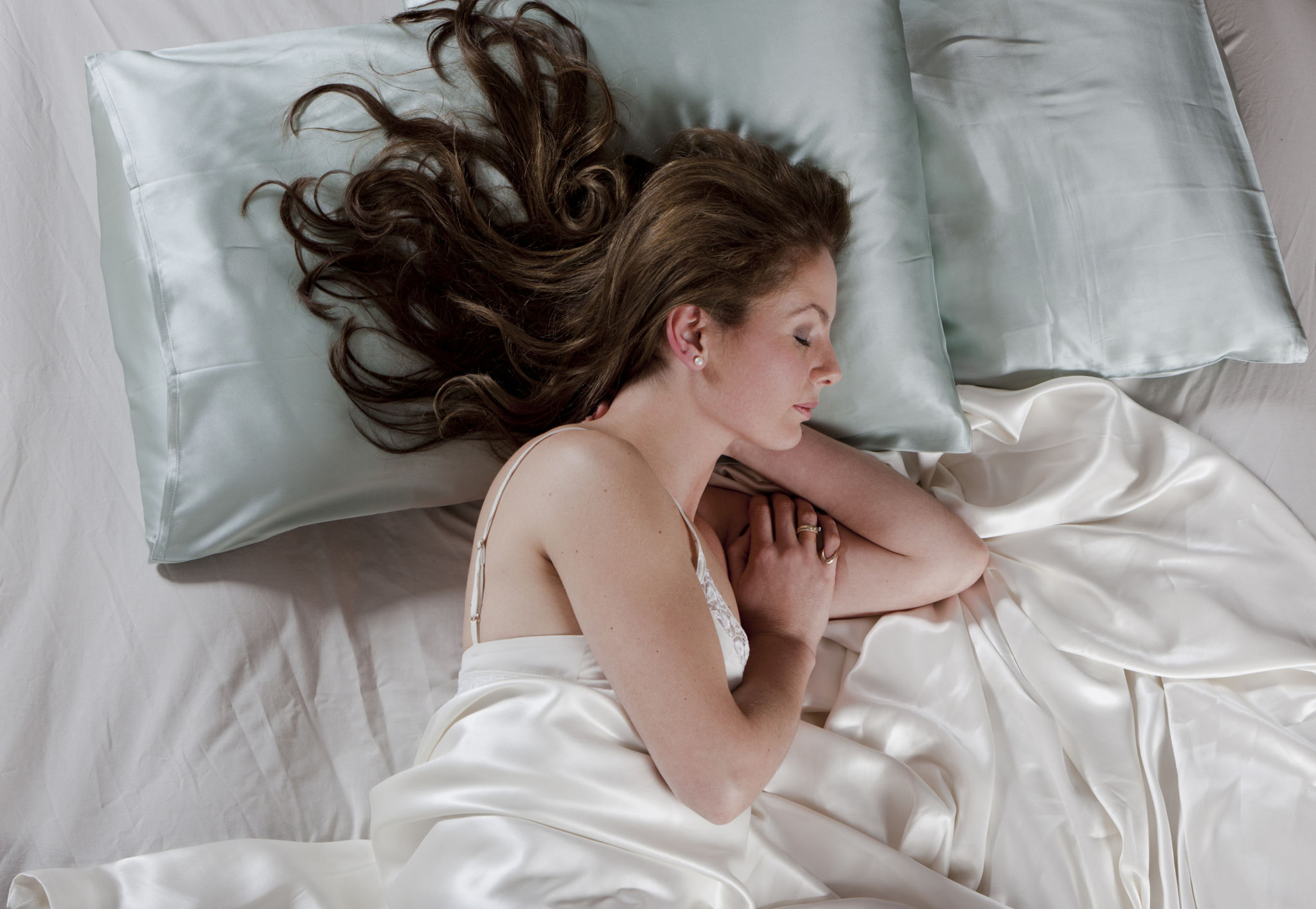Expert Tips for Maintaining Healthy Hair at Home
cg
Understanding Your Hair Type
Before diving into hair care tips, it's essential to understand your hair type. Hair can be categorized into different types: straight, wavy, curly, and coily. Each type has unique characteristics and requires specific care. Identifying your hair type allows you to tailor your hair care routine effectively.
If you're unsure about your hair type, observe the natural texture of your hair when it’s air-dried. Understanding your hair type will help you choose the right products and methods for maintaining healthy hair at home.

Regular Washing and Conditioning
The foundation of any hair care routine is regular washing and conditioning. However, the frequency can vary depending on your hair type and lifestyle. Generally, washing your hair 2-3 times a week is recommended for most hair types. Over-washing can strip your hair of its natural oils, leading to dryness and damage.
When it comes to conditioner, focus on the ends of your hair where it tends to be drier. Leave the conditioner in for a few minutes before rinsing it out thoroughly. For those with curly or coily hair, a deep conditioner once a week can provide extra moisture and nourishment.

Proper Brushing Techniques
Brushing your hair correctly can prevent damage and promote healthy growth. Always start from the bottom and work your way up to avoid breakage. Use a wide-toothed comb or a brush designed for your specific hair type. Avoid brushing wet hair as it is more susceptible to damage.
Brushing not only detangles your hair but also helps distribute natural oils from the scalp down to the ends, keeping your hair moisturized and shiny.
Heat Styling Precautions
While heat styling tools like straighteners and curling irons can help you achieve various looks, excessive use can damage your hair. Whenever possible, allow your hair to air dry naturally. If you must use heat styling tools, always apply a heat protectant spray beforehand to minimize damage.

Incorporating Natural Oils
Natural oils such as coconut oil, argan oil, and jojoba oil can work wonders for your hair. These oils provide essential nutrients and moisture to your hair without the chemicals found in many commercial products. Apply a small amount to the ends of your hair to reduce frizz and add shine.
For a deeper treatment, consider doing an oil mask once a week. Apply the oil generously to your scalp and hair, cover it with a shower cap, and leave it on for at least 30 minutes before washing it out thoroughly.
A Balanced Diet for Healthy Hair
Your diet plays a crucial role in maintaining healthy hair. Ensure you consume a balanced diet rich in vitamins and minerals such as biotin, vitamin D, zinc, and omega-3 fatty acids. These nutrients support hair growth and strength from within.

Incorporating foods like salmon, eggs, nuts, seeds, and leafy greens into your diet can make a noticeable difference in the health of your hair.
Protecting Your Hair While Sleeping
Nighttime hair care is often overlooked but equally important. Consider using a silk or satin pillowcase to reduce friction that can lead to breakage. Alternatively, you can wrap your hair in a silk scarf before bed to keep it protected.
For those with longer hair, loosely braid it before sleeping to prevent tangles and minimize damage.

Regular Trims
Lastly, don't underestimate the power of regular trims. Trimming your hair every 6-8 weeks helps prevent split ends and keeps your hair looking fresh and healthy. Even if you're growing out your hair, regular trims are essential for maintaining its overall health.
By following these expert tips, you can maintain healthy and beautiful hair at home without relying heavily on salon visits. Remember that consistency is key, and with the right routine, you'll enjoy the benefits of strong and vibrant hair.